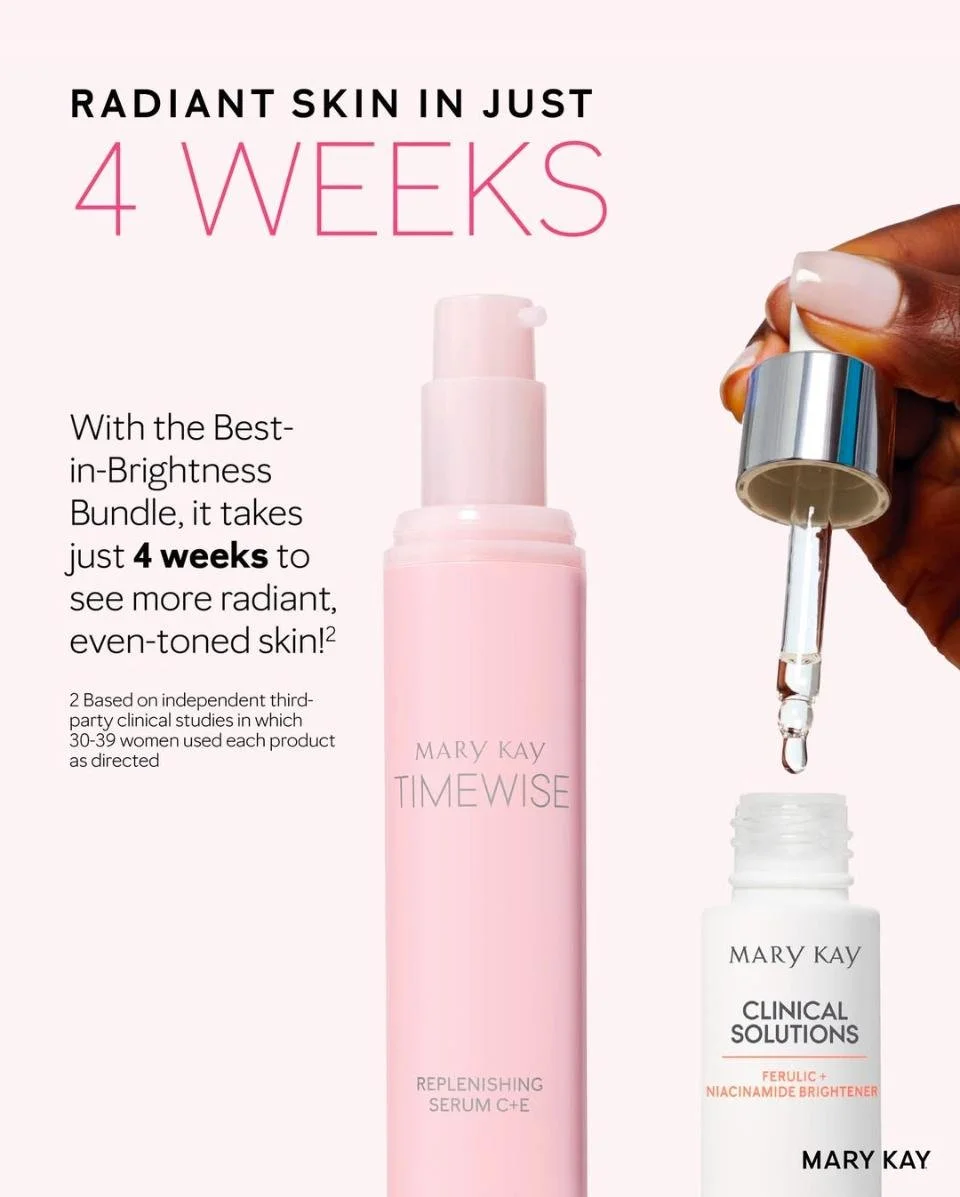Rhythm Over Routine: Flow for a Full Life
There are seasons where routine simply stops fitting the shape of life. Hormonal changes, emotional load, hidden pressures, and shifting responsibilities can make rigid structures feel heavy instead of helpful. This week’s reflection explores why embracing rhythm—rather than forcing routine—creates space for clarity, calm, and renewed confidence for both women and men navigating evolving seasons of life.
At some point in every life, the familiar structure of routine starts to lose its grip—not because a person lacks discipline or desire, but because life itself is shifting beneath the surface. Seasons change quietly, the body moves differently, thoughts gather differently, and responsibilities rearrange themselves without asking permission. What once fit seamlessly into a daily pattern begins to feel rigid, heavy, or strangely out of sync.
In moments like these, many find themselves faced with an unexpected realisation: the old ways of moving no longer match the new realities of the mind and body. Women often feel this sharply as hormonal transitions affect memory, focus, emotional thresholds, and energy patterns.
Men, too, experience internal changes that rarely receive language — whether it’s the quiet fatigue that lingers without explanation, the pressure to remain steady for everyone else, career strain, cooling motivation, physical transitions, or the loneliness that comes with being the one others rely upon.
Whether expressed or silent, these changes reshape how a person thinks, reacts, and moves through the day. And when this internal landscape evolves, the routines that once worked so well begin to feel demanding or strangely out of tune.
Routine, with its fixed expectations and repeated demands, can begin to feel unforgiving. It insists on sameness, even when the person living inside the routine is changing. Rhythm, however, tells a different story. It invites flexibility, honours shifts, allowing space for the complexity of being human — capable and courageous, yet tender and evolving.
Rhythm understands that some days begin with clarity and purpose, and others begin in a soft fog that is no one’s fault. Fog caused by stress, responsibility, emotional residue, or simply by a body and mind navigating transitions that are natural but seldom spoken about.
This fog does not belong to women alone. Men experience it too — often quietly, often with less room to confess it. Their pressure may come from the expectation to appear steady, from the weight of provision, from physical ageing, or from having no place to lay what they carry. Rhythm makes room for these realities as well. Not as limitations, but as information — cues that the pace of the day may need adjusting.
And when rhythm is embraced, something gentle begins to happen. The mind slowly gathers its focus again. Thoughts settle, perspective widens, and solutions that once felt tangled become clearer because there is finally room for them to unfold. Creativity rekindles as pressure eases. Confidence returns — not the loud kind driven by performance, but the grounded kind rooted in self-awareness and alignment. And this reconnection to clarity is universal.
Whether experienced by women navigating hormonal shifts or men moving through hidden pressures and unspoken expectations, rhythm restores what routine often erodes: a sense of being centred, capable, and fully present in one’s own life.
This is the quiet gift of rhythm I have found:
it supports life as it truly is, not as a checklist imagines it should be.
It allows a person to move with themselves rather than against themselves.
It welcomes fluctuation, honours capacity, and replaces self-judgment with understanding, and
It has a way of restoring what overwhelm tends to steal — clarity, calm, courage and connection to one’s internal wisdom.
This week offers a simple but meaningful reflection:
What might life feel like if the pace was set by rhythm, not routine — by who you are in this moment, rather than who you were yesterday?
Whether the answer comes quickly or slowly, whether it whispers or rises boldly, it holds power, because it invites a life that breathes with you — a life you don’t have to strain to keep up with.
If this resonates, share your season, your rhythm, or your thoughts. Your voice may be the gentle reminder someone else needs today.
USI
Protect Your Yes: How Rituals of Care Create Healthy Boundaries
Some boundaries are spoken. Others are lived. This week’s reflection explores how skincare rituals and intentional spaces create healthy boundaries that protect peace, promote balance, and honour wellbeing. With insights for men and women — and a nod to World Mental Health and Breast Cancer Awareness — it’s a reminder that true self-care is sacred.
Some boundaries are spoken — a polite “no,” a quiet pause before you agree.
Others are lived.
They’re the small, steady choices we make each day that protect our energy, identity, and peace.
Skincare, though often treated as a vanity task, can be one of those boundaries.
A ritual of care that teaches your mind to stop, your body to breathe, and your spirit to remember that you matter too.
Every ritual needs room to breathe. Whether it’s a bathroom counter cleared of clutter, a quiet corner with your mirror and morning light, or a simple tray holding your essentials — space shapes ritual. It tells your mind, “this is where care begins.”
Why rituals of care matter
When we think about boundaries, we tend to think in terms of time and people.
But your body needs boundaries too — moments when it’s allowed to repair, replenish, and reset.
During National Work Life Week (6–10 Oct) and Back Care Awareness Week (7–12 Oct), we’re reminded that wellbeing doesn’t start in a calendar; it starts in how we care for ourselves within it.
Boundaries built through ritual — like a morning skincare routine or a mindful nighttime cleanse — help reinforce rhythm and balance.
These are not just aesthetic choices; they are physiological resets.
- When you wash your face slowly, your nervous system calms.
- When you moisturise, your touch signals safety to the body.
- When you breathe deeply between steps, your stress hormones ease.
What looks like a few minutes of skincare is, in fact, a few minutes of regulation.
Your skin as a mirror of balance
Your skin is your body’s largest organ — and its most honest storyteller.
It reflects hydration, sleep, stress, hormones, and environment.
As the seasons shift into autumn, the air cools and dries, pulling moisture from the surface of the skin.
If you’ve noticed tightness, flakiness, or dullness lately, that’s your skin asking for help — and attention.
For women in peri- or post-menopause, hormonal changes can also thin the skin and reduce elasticity, leading to dryness and sensitivity.
For men, daily shaving, environmental exposure, and stress can lead to irritation or uneven tone.
The answer for both isn’t more product — it’s the right rhythm of care.
I absolutely love this combo…
The mind-skin connection
Stress and skin are deeply connected — and that’s why World Mental Health Day (10 Oct) sits so naturally within this week’s rhythm.
Research continues to show that chronic stress increases inflammation and weakens the skin barrier.
In other words, your thoughts affect your face.
That’s also why routines like skincare work: they give the mind structure, something predictable and safe.
In an unpredictable world, that small act of consistency signals calm to your nervous system — it’s a physical meditation.
Beyond products — building relationships
We don’t sell skincare; we build relationships.
Because healthy skin, like healthy living, takes understanding, patience, and presence.
Every person’s skin has a story — shaped by genes, climate, stress, and habits.
Through consultation, we learn your story, your rhythm, and your needs, helping you find what truly supports your skin and spirit — whether that’s a simple cleanser, a nourishing night cream, or a ritual that helps you reconnect to yourself.
This month also marks Breast Cancer Awareness Month, reminding us that self-care is not superficial — it’s sacred. The same hands that tend to our face and skin can also perform life-affirming checks, nurturing the body that holds our spirit. Make room for this practice too. It’s one more way to protect your yes.
Create a Self-Care Corner
Your skincare routine deserves a space that supports your spirit. Try these small shifts to make your environment part of your ritual:
- Add light: Natural light in the morning or a warm lamp at night helps signal your body’s rhythm.
- Contain calm: Use a tray or basket to keep products organised — visual order creates mental ease.
- Engage the senses: A soft towel, a calming scent, or a small plant helps your space feel grounded and intentional.
It’s not just where you do your skincare — it’s where you return to yourself.
A gentle reminder
When you protect your yes — through time, through rest, through care — you’re not being selfish.
You’re preserving your peace so you can show up more fully.
So tonight, as you cleanse your face or massage your moisturiser, do it slowly.
Not to chase perfection, but to practice presence.
Not just for your skin, but for your soul.
✨ Because how you care for yourself becomes how you care for your world.








